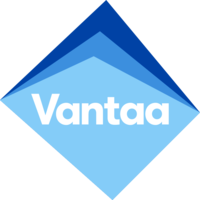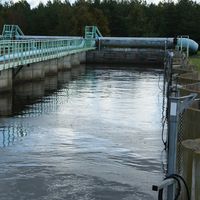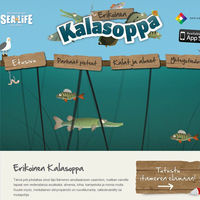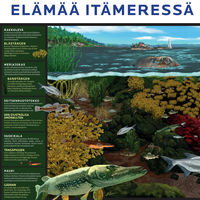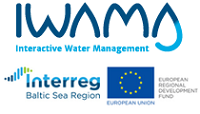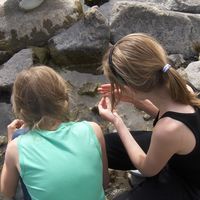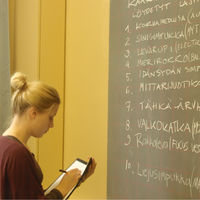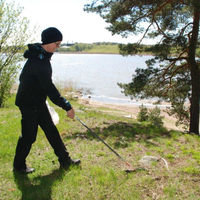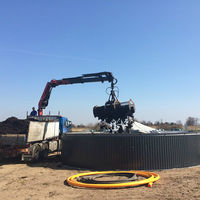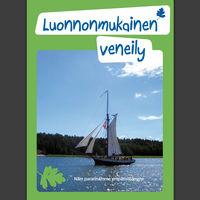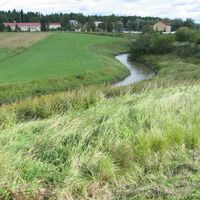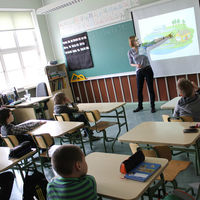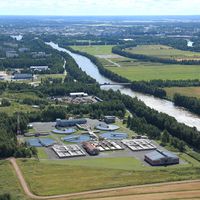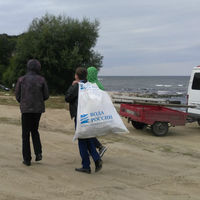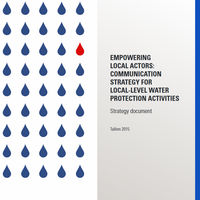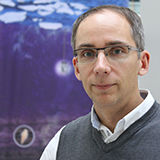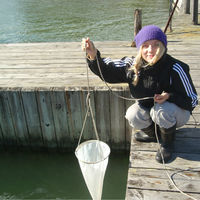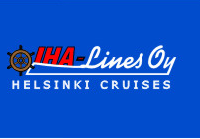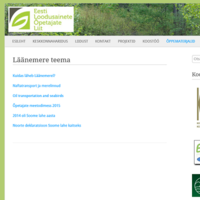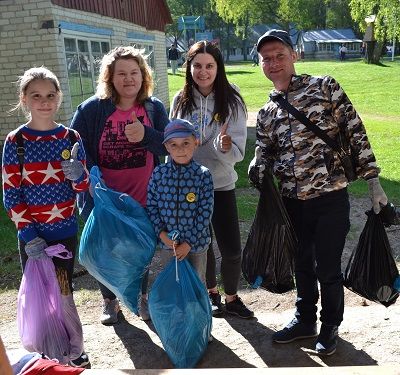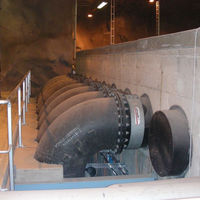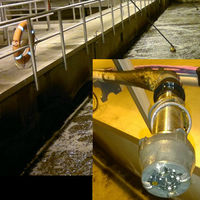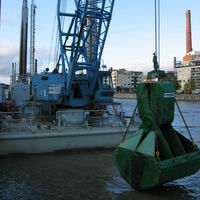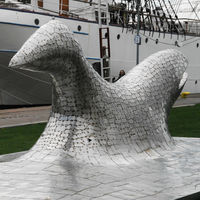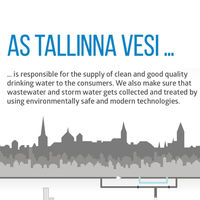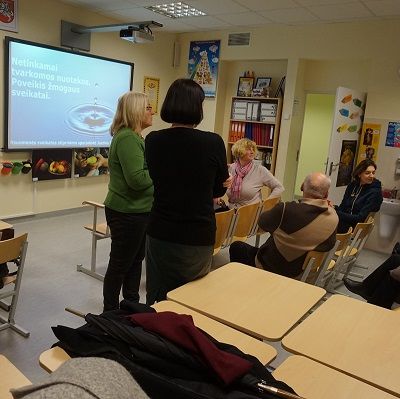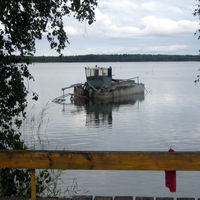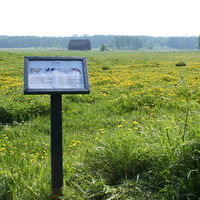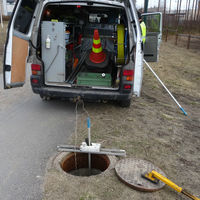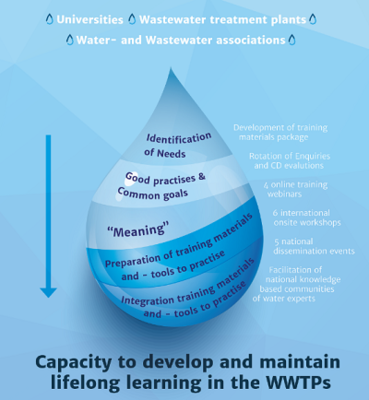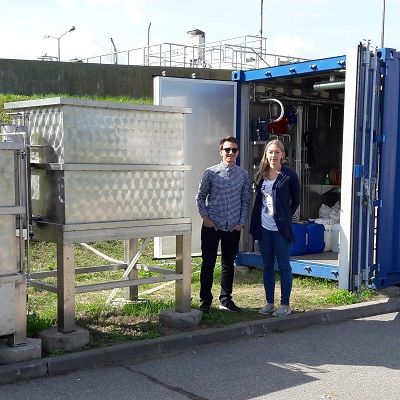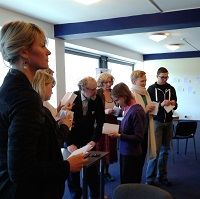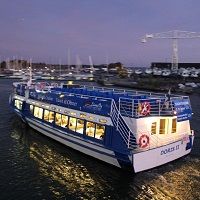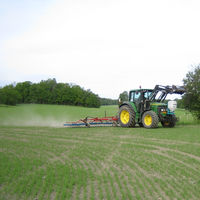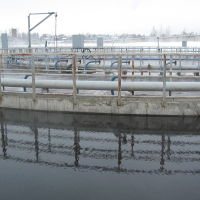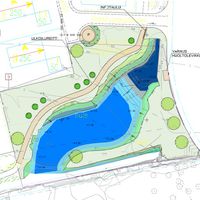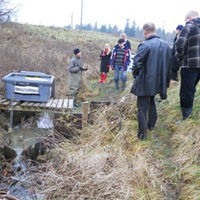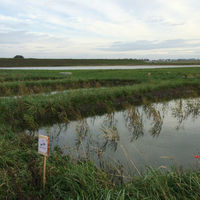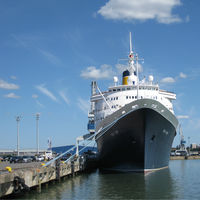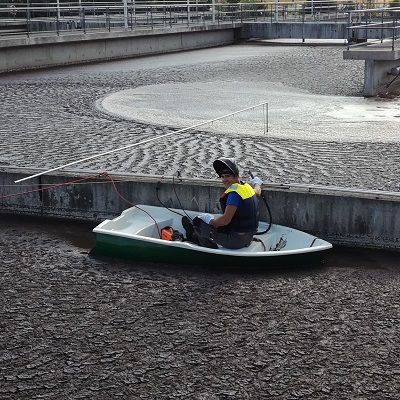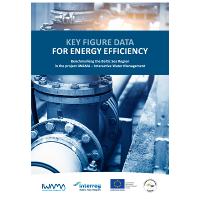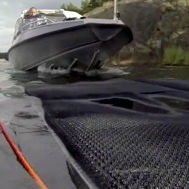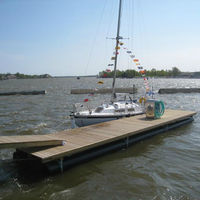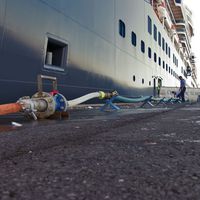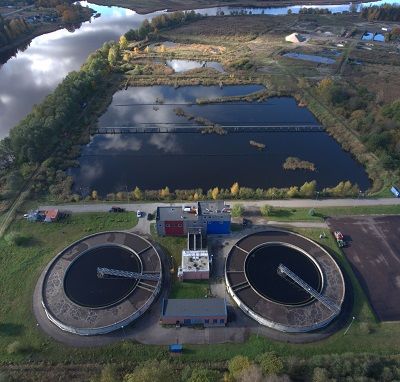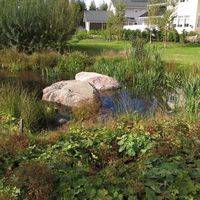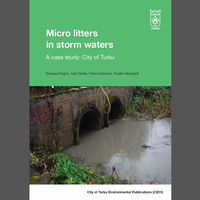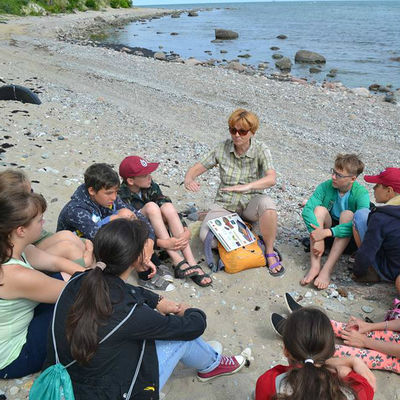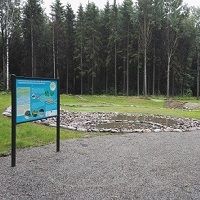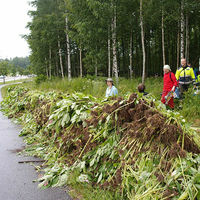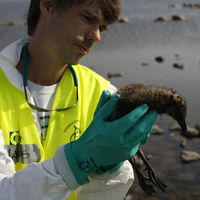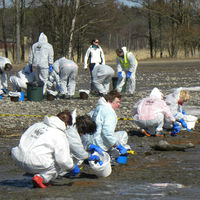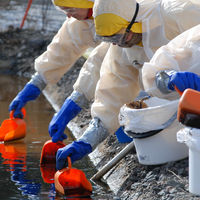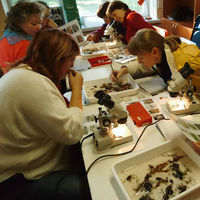Bank of Actions
Are you seeking examples or inspiration for water protection? There are plenty of potential actions to choose from! The Bank of Actions will provide your organisation with concrete ideas and examples of water protection activities implemented by organisations in the Baltic Sea Challenge network. You can browse these according to the theme, type of actor, country, year or keyword.
 |
Join the Baltic Sea Challenge network by committing to water protection work, and gain the benefits of an international expert Network. Read more about the Baltic Sea Challenge and how to join the network. |
 |
The Bank of Actions is always open to ideas for new actions. Is your organisation already a member of the Baltic Sea Challenge network and does it have good examples of water protection measures that it would like to share? Tell us about the work that you do, by filling in this form. We will put your action on the map! |
![]() Agriculture
Agriculture
![]() Awareness raising
Awareness raising
![]() Hazardous materials
Hazardous materials
![]() Littering etc.
Littering etc.
![]() Oil spill prevention
Oil spill prevention
![]() Research and monitoring
Research and monitoring
![]() Shipping and boating
Shipping and boating
![]() Stormwater management
Stormwater management
![]() Strategies and programs
Strategies and programs
![]() Wastewater management
Wastewater management
![]() Other
Other
![]() Drainage basin
Drainage basin
Lifelong learning programme for WWT operators in Estonia
Actor: the Estonian Waterworks Association EVEL ● Year: 2017 ● Address:
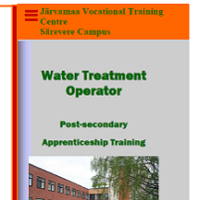 To increase the level of knowledge in wastewater treatment plant operating, a special two-year study program for operators was launched in Järvamaa Vocational Training Centre (JKHK) in September 2017. The study program was prepared jointly by the Estonian Water Works Association (EVEL) and JKHK.
To increase the level of knowledge in wastewater treatment plant operating, a special two-year study program for operators was launched in Järvamaa Vocational Training Centre (JKHK) in September 2017. The study program was prepared jointly by the Estonian Water Works Association (EVEL) and JKHK.
Description
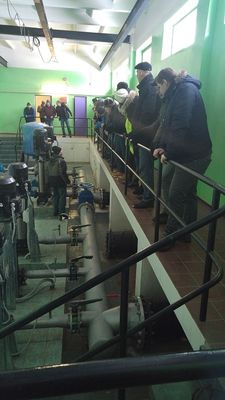 “It’s not that once we built it – that’s it. What about the future? We should be also able to keep it running. What is to be done then? The operator should be the first to understand that something is wrong. So, he will have a look at it, examine, and then tell the engineer there is probably something wrong,” says Jaak Jaaku, professor in microbiology. Such approach emphasizes the importance of the operator’s profession in the water sector work.
“It’s not that once we built it – that’s it. What about the future? We should be also able to keep it running. What is to be done then? The operator should be the first to understand that something is wrong. So, he will have a look at it, examine, and then tell the engineer there is probably something wrong,” says Jaak Jaaku, professor in microbiology. Such approach emphasizes the importance of the operator’s profession in the water sector work.
Ivar Kohjus, the leading teacher in JKHK and one of the authors of the program, underlines that only 20% of the learning process takes place in the classroom, while the rest is made as a practice period in a company. Over a two-year period, the students will have over ten different lecturers. The studies will culminate in a vocational examination, and a prize for successful passing of courses will be a professional certificate meeting European professional standards.
Even though the whole program at the moment is taught in Estonian, the first student group of 24 was varied – one of the students comes from Nigeria speaking well Estonian language.
“We have a vision – we want to create an international centre of excellence for water treatment operating in Järvamaa Vocational Training Centre. The basic training courses taken within the framework of the vocational training must be followed by a systematic further training. We want to gather everything in one centre, because this way we can be more effective,” says Vahur Tarkmees, Managing Director of EVEL.
Next group of students started their water operator studies in autumn 2018.
Benefits
Since Estonia’s accession to the European Union ca 1 billion euros have been allocated to the local water management sector. The size of investments indicates the overall level of innovativeness and automation reached in this sector.
The degree of automation is high today: some of the water and wastewater treatment plants can be even operated via smartphone. This simultaneously poses a challenge for the development of operators’ expertise that concerns everyone. Despite the significant advancement of the sector, people working in it are the same, with the same level of knowledge, whereas young enthusiastic people do not find attractive joining the sector.
A study commissioned by the Ministry of Environment on the wastewater treatment plants built with the EU support revealed that despite having excellent equipment and automation installed, the performance of plants remains inadequate without a proper operator.
Background information
The lifelong learning programme of Estonian WWT operators was developed within Interreg Baltic Sea Region Programme 2014-2020 financed project IWAMA. Baltic Sea Challenge had close co-operation with IWAMA. The project activities concentrated on developing the capacity of water sector operators and pilot investments to increase energy efficiency and advance sludge handling. All project activities were targeted at better environmental state of the Baltic Sea through reducing nutrient input, optimizing energy consumption of the wastewater treatment plants, training water sector’s employees and ensuring the transfer of knowledge. The partners of the IWAMA project joined the Baltic Sea Challenge network.

Further information
Name: Lauri Lagle ● Email: lauri.lagle(a)evel.ee ● Web page: www.evel.ee

